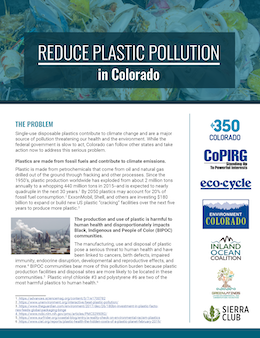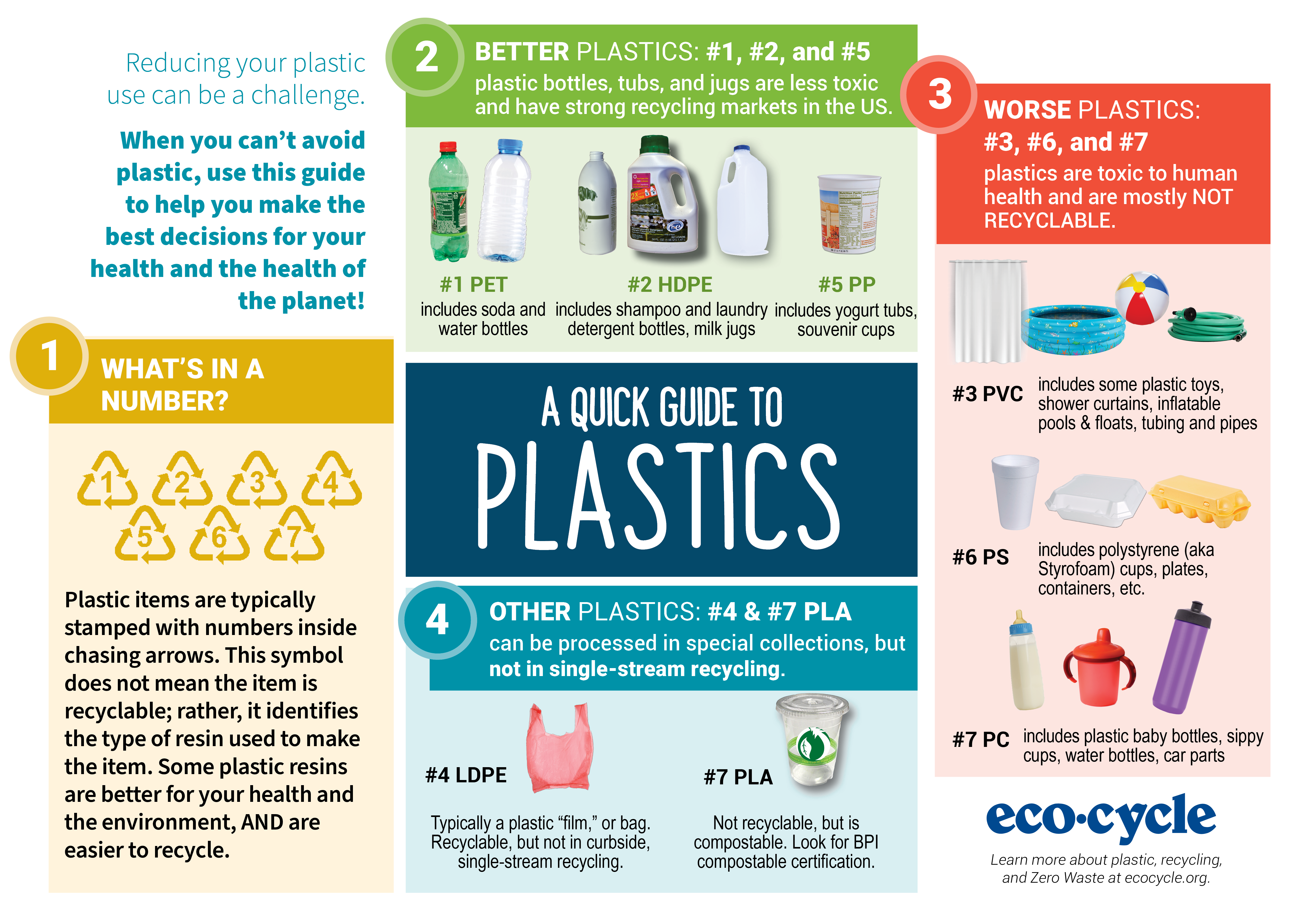We cannot recycle our way out of the plastics crisis. We need comprehensive systemic solutions to first reduce plastic production.
According to a 2021 report from Beyond Plastics, if current production trends keep up, plastics could be a bigger source of greenhouse gases in the US than the coal industry by 2030. Avoiding the worst impacts of plastics on our health and environment requires a complete rethinking of the way we produce, use, and manage plastic. While the world is struggling with the plastics pollution crisis, producers are just making more of it. Leading experts agree that while recycling can help manage plastic waste, recycling alone is not enough to deal with the increasing amount of plastics produced. Of all the plastic ever produced, from the time of its invention until today, only roughly 9% has been recycled, while 12% has been incinerated. The remaining 79% of all plastic ever produced has been landfilled, or illegally dumped, polluting the natural environment.
Eco-Cycle is committed to plastics reduction first, aligning with three core strategies set forth in the New Plastics Economy developed by the Ellen MacArthur Foundation:
- Eliminate all problematic and unnecessary plastic items.
- Innovate to ensure that the plastics we do need are reusable, recyclable, or compostable.
- Circulate all the plastic items we use through recycling and other means to keep them in the economy and out of the environment.

































